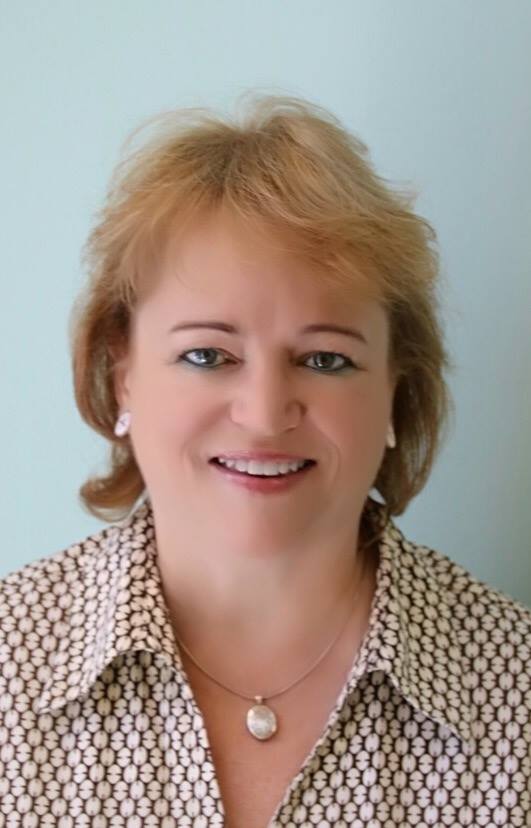
Jeanne Corcoran, Interim Dean
Carol Bonner, Associate Dean, School of Social Work
The College of Health and Human Services (CHHS) has long been at the forefront of education within the health fields. We are Nursing, Social Work, Criminal Justice, Occupational Therapy, and the Bachelor of Healthcare Studies.
Our School of Nursing produces skilled and qualified nurses with countless graduates providing healthcare and related services all across Massachusetts, the United States and the globe. Nursing offers both undergraduate (BSN) and graduate (MSN) degree programs in nursing, including a nurse practitioner program. All of our nursing programs are accredited by the Commission on Collegiate Nursing Education (CCNE).
The School of Social Work, among the first in the state university system, offers graduate (MSW) and undergraduate (BSW) social work programs. Both programs are fully accredited by the Council on Social Work Education (CSWE).
Salem State’s Criminal Justice graduates work in all corners of the legal professions as police officers, corrections officers, federal agents, lawyers, and probation officers just to name some of the many available opportunities. If you’re considering a career in these areas, our Criminal Justice program offers both graduate and undergraduate programs to help you achieve your goals. Both programs are Quinn Bill certified by the Commonwealth of Massachusetts.
Occupational Therapy (OT) leads in OT education by offering a mix of programs designed to meet the needs of our students and the demands of today’s workforce. They include an undergraduate program, BS in Occupational Health Studies; and graduate programs, a combined BS/MS in Occupational Therapy and a direct entry MS. Occupational Therapy’s programs are accredited by the American Occupational Therapy Association (AOTA).
The Bachelor of Science in Healthcare Studies (BHS) lays firm groundwork for careers in the healthcare industry that do not require licenses or clinical experience. This program introduces students to multiple aspects of the healthcare industry, including technology, leadership and management, cultural competence and diversity, health and disability, and healthcare research. Students will build upon studies in healthcare basics and then expand their skillsets through one of a variety of mandatory minors.
No matter which CHHS major you enroll in, each one carefully blends academics with field experience so our graduates are best-prepared to join the workforce as skilled practitioners and/or further their education.
Our Mission
The College of Health and Human Services’ mission is centered on the educational preparation of students who are grounded in theory, research and practice in the fields of nursing, social work, criminal justice occupational therapy, and healthcare. Recognizing the unique interdisciplinary nature of our respective professions, we seek to promote a humanistic, caring environment, which maximizes student potential and instills sensitivity to current social problems and issues. The College of Health and Human Services is committed to having our students, both at beginning and advanced levels, respond as knowledgeable professionals to changing social realities and concerns in a world of diverse cultures, to work cooperatively within and across disciplines and to seek opportunities which enhance the well-being of the public.
Our Goals
- To provide students with requisite practice models, appropriate and current research to prepare them for beginning and advanced professional practice in their respective disciplines.
- To prepare students to contribute to and utilize the knowledge base of their respective disciplines while recognizing the mutually interactive nature of this knowledge, especially as it applies to human concerns.
- To stimulate students’ ability to critically analyze social problems and issues facing both the nation and the broader global society and to prepare them to evaluate professional and organizational responses.
- To instill in students an understanding of the ethical standards of each discipline and to foster ethical decision making and professional behavior.
- To stimulate and support scholarship and research and to facilitate efforts for interdisciplinary collaboration.
- To instill in faculty and students the value and importance of lifelong learning and to accordingly provide professional development opportunities.
- To serve as a resource and an advocate for the University and for the greater community in program development and in disseminating critical information related to current societal needs.
- To foster appreciation and respect for a culturally diverse population and to promote effective working relationships in an increasingly multi-cultural society.
To encourage ongoing collaboration and collegiality in the College as well as within the University as a whole.